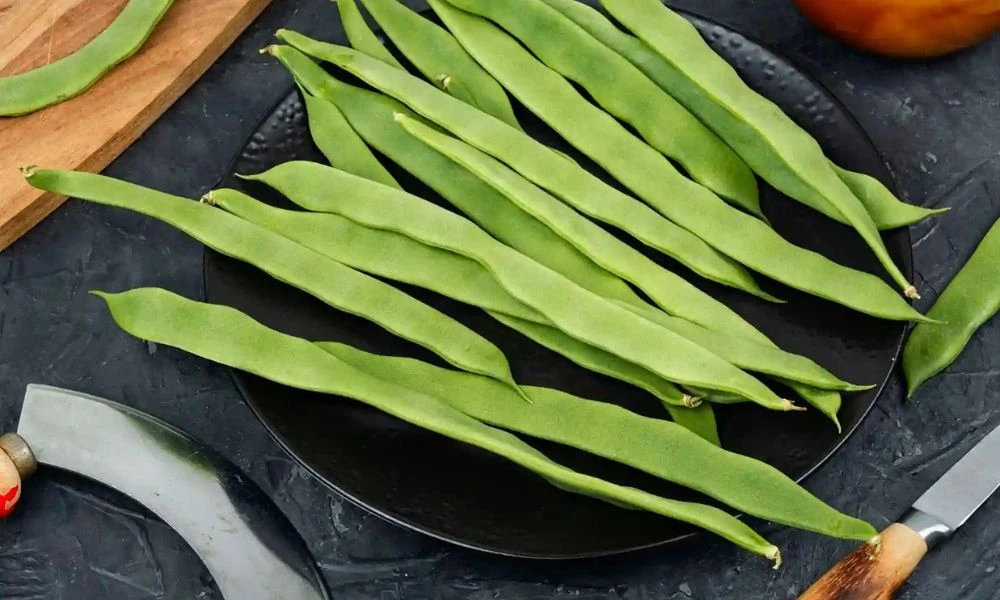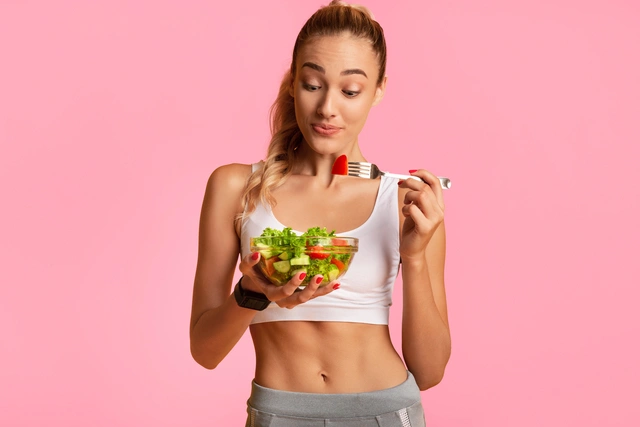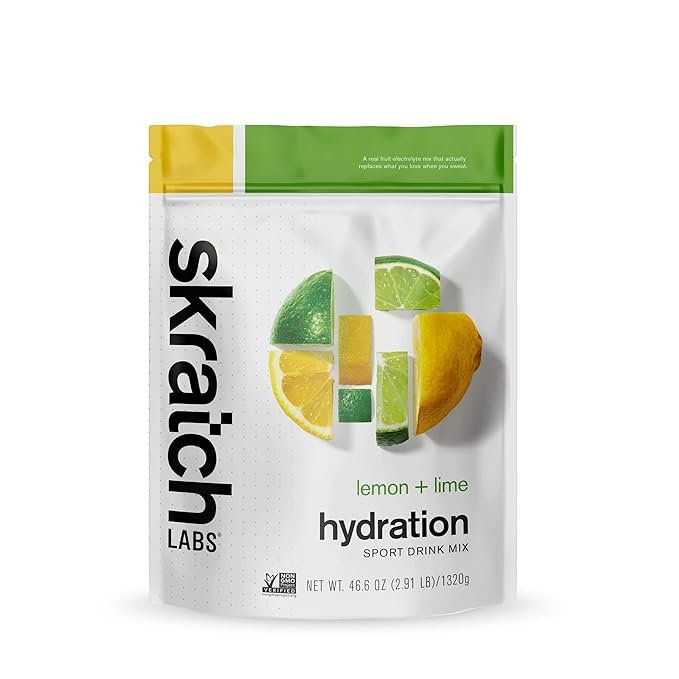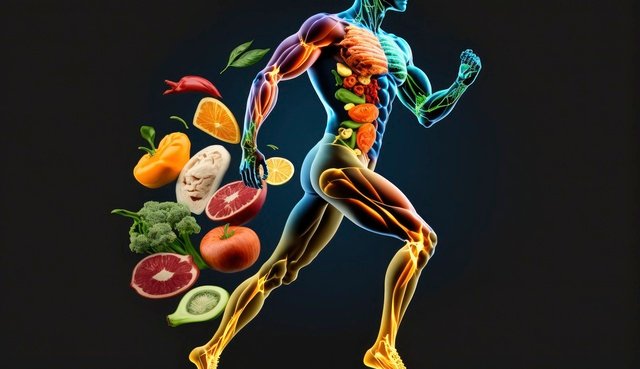Plant-based diets have grown in popularity recently and are gaining traction among runners. There are good reasons for this. Vegan diets have several health benefits, including weight loss and a reduced risk of type 2 diabetes, heart disease, and some cancers.
This is not surprising because, compared to people who eat a standard diet, vegans consume much more than the doctor-recommended 5 servings of fruits and vegetables per day.
As a result, vegans consume more fiber, antioxidants, vitamins A, C, and E, potassium, folic acid, and magnesium. In addition, thanks to their way of eating, vegans care about the welfare of animals and the environment.
But if you’re a runner, can you go vegan and still train effectively, recover well, and feel great? The short answer is yes, but you need to think about whether this type of eating fits your lifestyle and plan accordingly to ensure you’re getting enough of certain nutrients.
A poorly planned vegan diet can lack macronutrients (protein and omega-3 fatty acids) and micronutrients (vitamin D, B12, iron, calcium, and iodine). So, let’s get to the nutritional recommendations for vegan runners.

Eat Enough
You must ensure you’re getting enough calories if you’re running many miles. A vegan diet can help satisfy your hunger faster, thanks to high-fiber foods.
Research shows that vegans generally consume fewer calories than omnivores. Low-calorie intake also increases the risk of developing immune system disorders, which can increase the likelihood of illness and injury.
Eat Enough Protein
Plant protein can adequately meet your needs if you eat various plant foods. It is essential to consume enough protein, especially if you are training hard or recovering from an injury.
Vegan protein sources are less easily digested than animal sources, so you may need to consume even more protein. Current general protein intake recommendations range from 0.8-1.2 g/kg body weight for sedentary individuals to 1.2-1.6 g/kg for endurance athletes.
Omega-3 fatty acids
Omega-3 fats are good for the eyes, brain, and heart and have been scientifically proven to fight inflammation. This makes them important for recovery from injury or after a tough workout.
Vegan sources of these fats include walnuts, flax seeds, hemp seeds, and chia seeds. You can also take a seaweed supplement.
Calcium
Essential for bone health and muscle contraction. 700-100 mg should be consumed daily.
Calcium-fortified soy or nut milk is a good source of calcium and protein. Other calcium sources include chickpeas, sesame seeds, dark green leafy vegetables, bread, and other flour products.
Iron
It is important for red blood cell production and immunity. Your diet should include legumes, dark green leafy vegetables, dried fruits, and iron-fortified foods such as breakfast cereals, breads, and flour.
Combine these with vitamin C-rich foods such as citrus fruits and bell peppers, which help your body absorb plant-based iron.
Vitamin D
Essential for immunity, bone health, and muscle strength. Most runners experience a deficiency of this vitamin in winter.
Therefore, you should consume 10 mcg of iron as a daily food supplement, especially in the winter months.
Vitamin B12
Found in yeast-based products, we recommend taking it as a dietary supplement as a plant-based diet is unlikely to meet your body’s needs for this vitamin.
Iodine
It is necessary for the production of thyroid hormones and is involved in regulating metabolism.
The amount of iodine in plant foods varies depending on the soil in which the plants were grown. Seaweed is a good source of iodine, but be careful with it, as the amount of iodine in it can differ greatly from what is stated on the package.
We remind you that to train well, recover quickly, and stay healthy, you need to plan your diet correctly.




